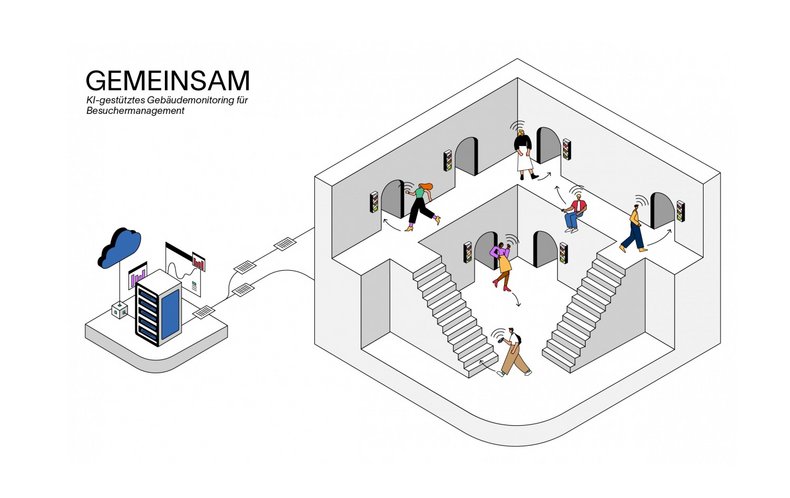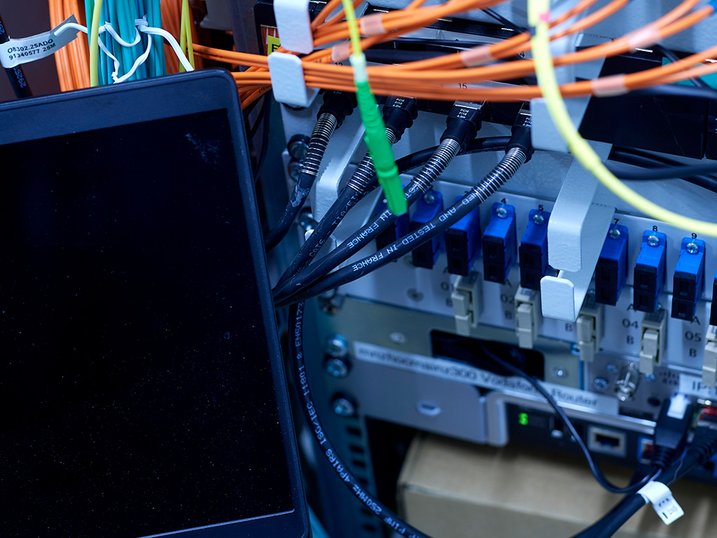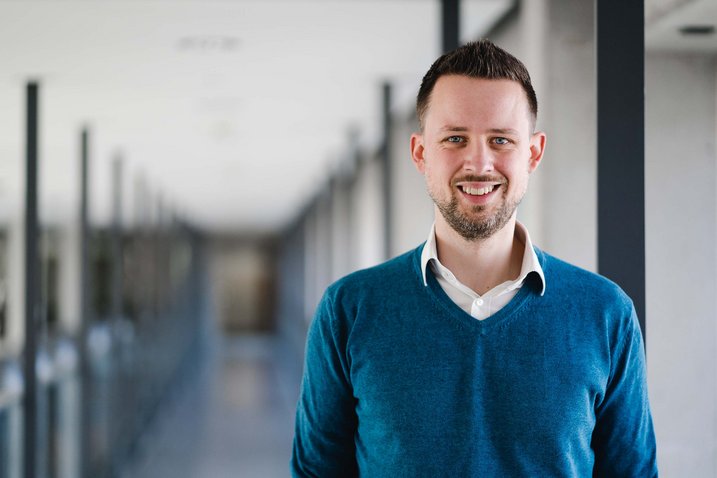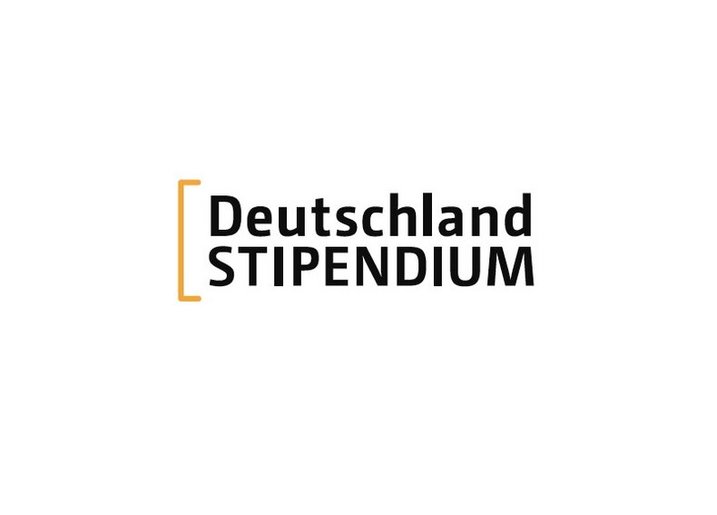The Rhineland-Palatinate Ministry of Science is funding research on the coronavirus pandemic conducted by Rhineland-Palatinate’s universities of applied sciences. This includes two projects at Mainz University of Applied Sciences: The team led by geoinformatics expert Professor Dr. Pascal Neis is developing a new type of management system to control the flow of visitors in public buildings. This enables more efficient compliance with hygiene regulations. The aim of the second project, led by Professor Florian Jenett, is to make the Motion Bank dance database utilizable for dance therapy by means of artificial intelligence. The Ministry of Science is investing a total of 1.3 million Euro in research on the coronavirus and artificial intelligence for nine projects at universities of applied sciences in Rhineland-Palatinate. Mainz University of Applied Sciences will receive around 185,000 Euro of that amount.
“The coronavirus pandemic continues to pose significant challenges. But looking at the findings of science and research instills us with relief and confidence. The new vaccine, which comes from Mainz, is available in record time. Universities across the country are conducting research on the COVID-19 disease using state-of-the-art research methods,” reports Minister of Science Professor Dr. Konrad Wolf. “Mainz University of Applied Sciences is making valuable contributions with its projects as well, for example improving the implementation of hygiene requirements or expanding therapeutic options. By using cutting-edge digitalization methods from the field of artificial intelligence, for instance, the projects support the fight against corona. I would like to thank the scientists and young researchers involved in the projects for tackling the challenge with such dedication and making valuable contributions to addressing the consequences of the pandemic.”
The research project “AI-based Building Monitoring for Visitor Management” led by Professor Dr. Pascal Neis, Professor of Geo-Government at the School of Engineering, aims to develop an intelligent management system for visiting buildings. The intention is to use mainstream smartphones and tablets here, as well as the ever-increasing number of what are known as wearables, including smartwatches, fitness wristbands or Bluetooth headphones, to record the flow of visitors. This would provide property managers with a reliable monitoring program and allow them to safely and securely enforce compliance with the coronavirus protection regulations.
“I am very pleased that we have been awarded the grant for our research project by the Ministry,” says Professor Dr. Neis. “With our project, we will be able to actively and constructively contribute to mastering the challenges in the area of higher education that have arisen as a result of the pandemic. Throughout the project development period, my aim is to always try to achieve a solution that is as transferable, transparent and sustainable as possible, so that other institutions and individuals in particular can also be expected to benefit from the results we have obtained.”
In the second project at Mainz University of Applied Sciences, “Applied Research on the Distributed Work of Movement-Intensive Disciplines: Corona, AI and Contemporary Dance,” media informatics specialist Professor Florian Jenett from the School of Design intends to make the digital tools of the Motion Bank even more mobile and accessibly distributed to artists during the coronavirus pandemic. The project aims to make a contribution to culture and, beyond that, to other fields such as dance therapy.
“As a research project that was basically born in the dance studio, we, as the Motion Bank, are pleased to be able to contribute to alleviating the consequences of the pandemic for those working in the cultural sector with the funding we have received here,” explains Professor Florian Jenett. “In our field, dance, it is particularly difficult to switch to a digital method of working from one day to the next. With the subsidized project #cotanz, we will start here and continue to develop AI-based forms of digital exchange for movement-intensive disciplines. This will have a social impact not only by supporting culture, but also through resulting dance therapy applications.”
“I am very pleased about the funding for my two colleagues’ research projects. Had AI-supported building monitoring for visitor management existed before corona, it is possible that the restrictive measures required as a result of the pandemic could have been different. The Motion Bank in turn is an example of how technological possibilities can provide answers to (psycho)social questions, for it is precisely in social isolation that dance is a factor that fosters resilience,” says Professor Dr. Susanne Weissman, President of Mainz University of Applied Sciences.




